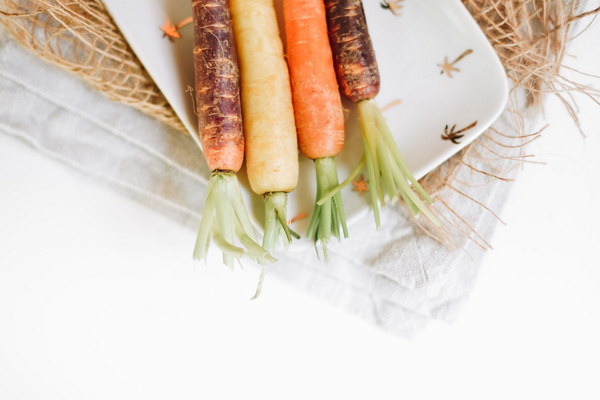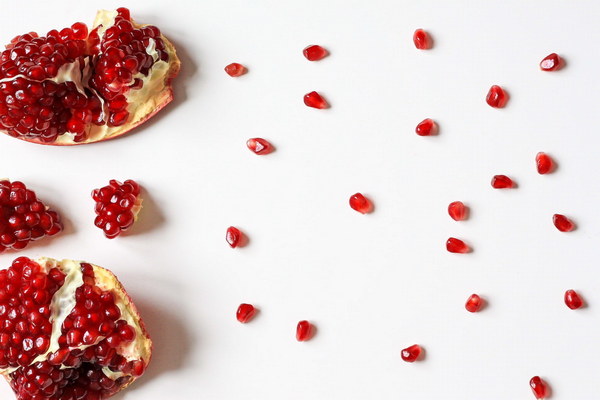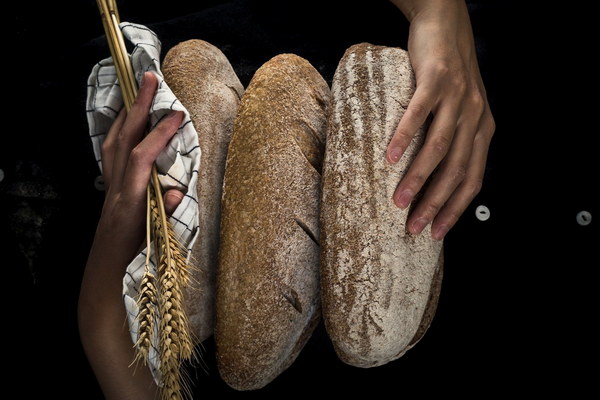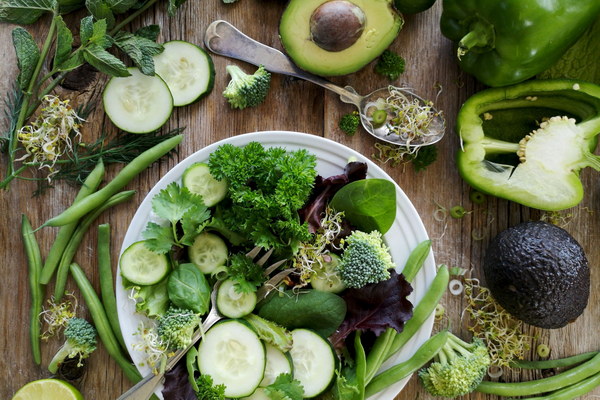Nourishing Your Way to Wellness Nutritional Remedies for Depression
Depression is a complex condition that affects millions of people worldwide. While medication and therapy are crucial components of treatment, incorporating certain foods into your diet can also contribute to an overall sense of well-being. In this article, we will explore some nutritional remedies that may help alleviate symptoms of depression.
1. Omega-3 Fatty Acids
Omega-3 fatty acids are essential for brain health and have been shown to have antidepressant properties. Foods rich in omega-3s include:
- Fish: Salmon, mackerel, sardines, and trout are excellent sources of omega-3s.
- Flaxseeds: These seeds can be added to smoothies, yogurt, or oatmeal.
- Chia seeds: Chia seeds are another great source of omega-3s and can be sprinkled on salads, sandwiches, or smoothies.
- Walnuts: Walnuts are a tasty and nutritious snack that can help improve your omega-3 intake.
2. Vitamin D
Vitamin D deficiency has been linked to depression. Sunlight is the primary source of vitamin D, but certain foods can also provide this essential nutrient:
- Fish: Tuna, mackerel, and salmon are all rich in vitamin D.
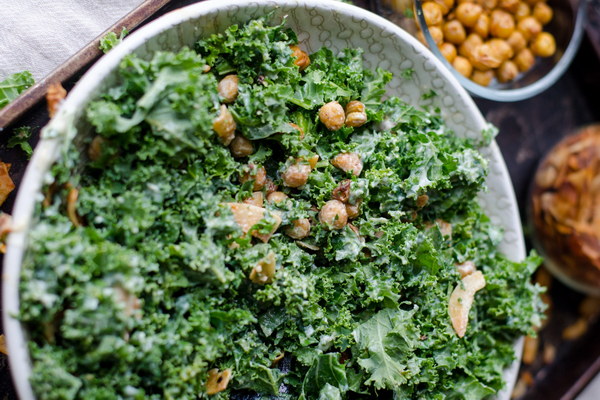
- Egg yolks: One large egg yolk contains approximately 10% of the recommended daily intake of vitamin D.
- Fortified foods: Many cereals, milk, orange juice, and plant-based milk are fortified with vitamin D.
3. Folate
Folate, also known as vitamin B9, is essential for brain function and has been found to be effective in treating depression. Foods high in folate include:
- Leafy green vegetables: Spinach, kale, and collard greens are all excellent sources of folate.
- Legumes: Lentils, chickpeas, and kidney beans are great for boosting your folate intake.
- Oranges: One orange contains approximately 20% of the recommended daily intake of folate.
4. Magnesium
Magnesium is a mineral that plays a vital role in maintaining a healthy nervous system. Foods rich in magnesium can help alleviate symptoms of depression:
- Nuts and seeds: Almonds, cashews, sunflower seeds, and pumpkin seeds are all good sources of magnesium.
- Green leafy vegetables: Spinach, Swiss chard, and kale are high in magnesium.
- Whole grains: Brown rice, quinoa, and oatmeal are all great sources of magnesium.
5. Turmeric
Turmeric is a spice that contains curcumin, a compound with potent anti-inflammatory properties. Studies have shown that curcumin may help reduce symptoms of depression. Add turmeric to your diet by:
- Cooking with turmeric: Add a pinch of turmeric to your rice, lentils, or soups.
- Making golden milk: Mix turmeric with milk, cinnamon, and a touch of honey for a warm, comforting beverage.
6. Probiotics
Probiotics are beneficial bacteria that can improve gut health, which has been linked to mental health. Foods rich in probiotics include:
- Yogurt: Opt for plain, unsweetened yogurt with live cultures.
- Kefir: Kefir is a fermented milk drink that contains probiotics.
- Sauerkraut: This fermented cabbage dish is a great source of probiotics.
While incorporating these nutritional remedies into your diet may not cure depression on its own, they can contribute to an overall sense of well-being and may complement other treatment methods. It's important to consult with a healthcare professional before making significant changes to your diet or treatment plan. Remember that a balanced diet, regular exercise, and a supportive social network are all essential components of managing depression.

